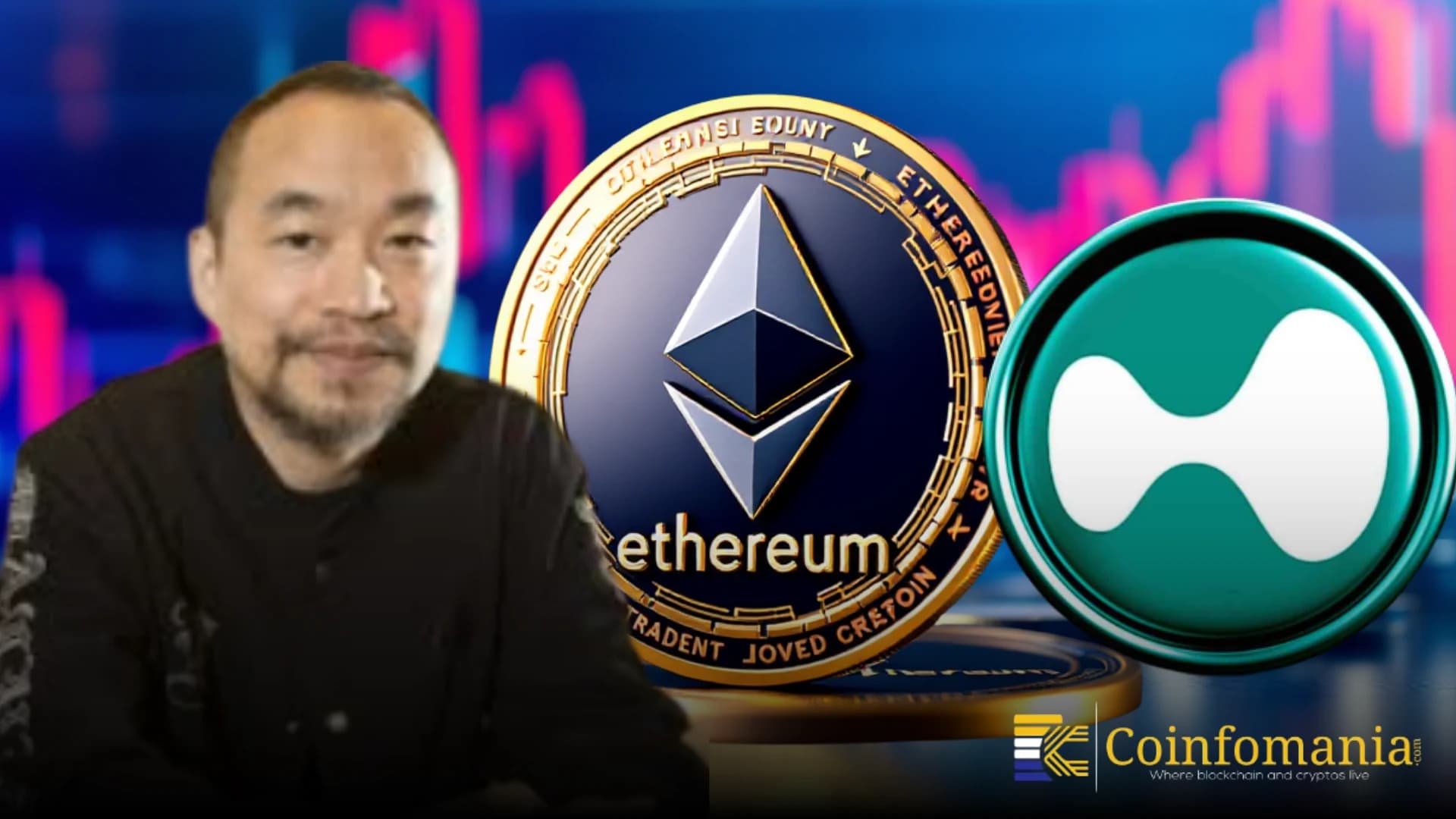Oaktree’s Howard Marks Backs China, Calls for Broader Access to Asset Classes
What’s stopping foreign investors from entering China? Howard Marks weighs in on the barriers and opportunities.

Quick Take
Summary is AI generated, newsroom reviewed.
Howard Marks urges China to expand investment access by opening more asset classes to foreign investors, citing long-term confidence in the Chinese economy.
Despite past liberalization, foreign investors still face major barriers in China's financial system, with limited access to key markets like corporate bonds.
Marks believes performance—not promises—will rebuild global trust, and that China's infrastructure and middle class make it a viable long-term investment destination.
Howard Marks, co-founder of Oaktree Capital Management, which has $200 billion in assets under management, made it clear: China has to do more to open itself to foreign investors. At Shanghai’s high-profile financial conference in Lujiazui, Marks expressed an unusually upbeat opinion about the long-term strength of the China economy while simultaneously urging its policymakers to broaden the asset classes that are open to outside capital. This moment to speak is timely. While trade frictions with China are fast reshaping global markets, many Western firms remain reticent to expand in the mainland.
In newspapers and magazines that cover this industry, Marks is considered an Euclid. While firms are recording losses and writing off millions in the next three to six months, Marks looks towards 20 years. And if foreign investors are allowed a meaningful level of access, he believes that the growth from both maintaining and expanding western investor capital access will be underpinned by China’s strong infrastructure, fast-expanding middle class, and enormous unmet market potential.
Why China’s Financial Markets Remain Out of Reach?
While there have been some attempts to liberalize parts of China’s financial system during the last stages of Donald Trump’s presidency, many segments remain primarily closed to foreign investors. While global companies like Goldman Sachs and BlackRock have entered China, the degree of success has been limited. For example, international travel restrictions caused by the pandemic forced companies to stop or pause operations in China, and more importantly, the China state dominated financial system was difficult for overseas entities to understand and trust. Marks pointed out how limited foreign exposure is in critical areas such as the domestic corporate bond market, where foreign ownership is only under 0.3%.
While complicated investing in China remains a deterrent factor for investors that would otherwise be interested in investing in the Chinese economy, regulatory uncertainty represents a larger key concern. In order to mitigate some of those risks, Marks noted, “we need to diversify the asset classes available for foreign capital, rather than just open it up to more investment access.” Performance is what ultimately attracts investment, not promises from the state, “the proof of the pudding is in the eating and that you will develop confidence if markets are performing for you.” he noted.
A Vote of Confidence From a Veteran of Distressed Debt
Marks’ support for China isn’t new. In fact, during a period when others declared the country “uninvestable,” he said that he was comfortable investing in China after years of direct conversations with senior Chinese officials. That confidence translated into action. Just three years ago, Oaktree seized the “Project Castle” property from debt-ridden Evergrande, demonstrating a willingness to act in high-risk, high-reward environments. This long-term engagement has given Marks a rare perspective.
While he acknowledges that China remains a complicated market, he sees few alternatives on the global stage. “Europe still has sclerotic growth and a very high level of regulation,” he told the FT recently. “and China is still complicated. But where else can large amounts of capital be deployed?” His comments also reflect a broader shift in sentiment among U.S. financial leaders. JPMorgan Chase CEO Jamie Dimon recently visited China, signaling a willingness to “deepen” engagement with the country, even after admitting last year that parts of the bank’s business had “fallen off a cliff.”
China’s Middle Class and Infrastructure Offer Long-Term Promise
Marks emphasized his bullish view with respect to structural strengths in the Chinese economy, namely the size and spending power of the Chinese middle class and also incomparable regional infrastructure. Marks views these structural pillars from which China can build a significant and durable economy, so long as it invites foreign mutual funds, pensions, etc., into the fold. After multiple years of decline and correction, the Chinese stock market saw some recovery at the end of 2023 from a continued barrage of policy shifts and changes aimed at restoring investor confidence.
Nevertheless, skepticism still pervades. There are ongoing issues like the real estate crisis, rising youth unemployment, and the trauma that the lingering effects of zero-COVID policies have left in the minds of domestic and global investors. But Marks is unfazed. The future of China is not a bet for Marks; it is a long-term conviction on the basis of 30 years of experience fixing, salvaging, or redeeming markets that were misunderstood or misquoted by global investors.
Rebuilding Trust Through Market Performance
Howard Marks’ remarks in Shanghai carry weight. As a co-founder of one of the world’s top distressed debt investment firms, his confidence in China stands out amid a sea of hesitation. But he’s not just advocating for change, he’s calling for China to match rhetoric with results.
Foreign investors, he argues, won’t be swayed by talk alone. True engagement will come when performance, transparency, and access align. For now, the ball is in China’s court. Whether policymakers choose to answer that call may shape the next chapter of the Chinese economy, and its place in global capital markets.
Follow us on Google News
Get the latest crypto insights and updates.
Related Posts

Bed Bath & Beyond Enters Blockchain Finance With Tokens.com Acquisition
Vandit Grover
Author

Whale Machi Big Brother Loses $26M on High-Leverage Positions
Shweta Chakrawarty
Author

Moscow Exchange Sets the Stage for Crypto Indices Expansion in 2026
Vandit Grover
Author